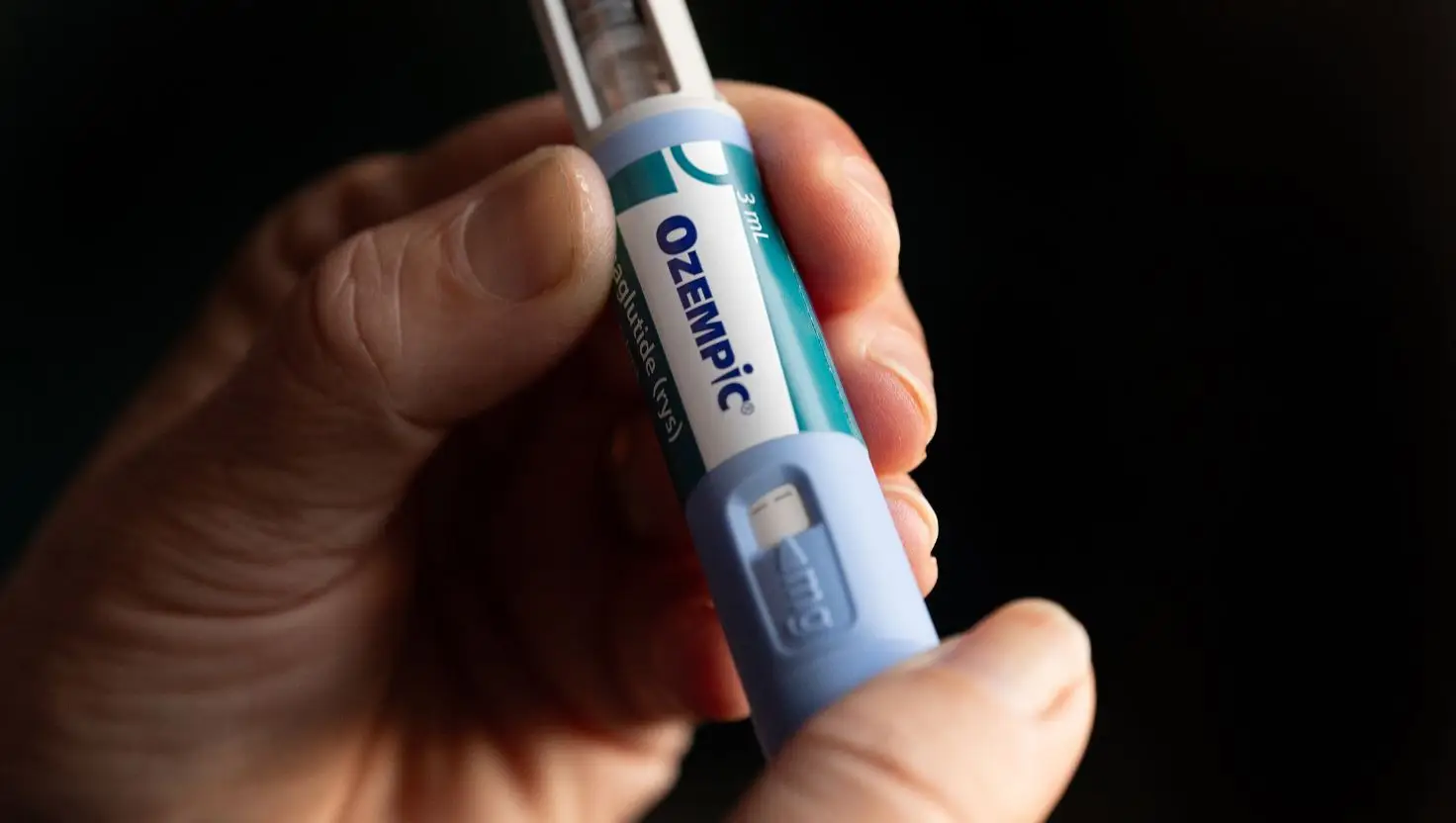
An ex-Ozempic user has revealed their reality eight months after quitting the drug, claiming that the event has still taken place despite their active lifestyle and being in a calorie deficit.
It’s believed one in eight Americans have used the medication or a similar brand, such as Wegovy, according to data shared earlier this year.
As the popularity of GLP-1 meds continues to reach astonishing heights, more people than ever are coming out of the woodwork to explain the impact the injectables have had on their brains and their lives.
While some people claim they’ve suffered a ‘terrifying’ side effect, others have detailed exactly what happened to their bodies after giving up the drug.
Former Ozempic user says they’ve ‘put all weight back on’
On Monday (October 6), a Redditor who’d previously used Ozempic confessed they’d put ‘all the weight back on’ that they’d lost whilst using the jab despite being in a calorie deficit.
Advert

They explained on the popular r/Ozempic thread that they had only stopped the medication because they could no longer get it via their health insurance.
“I started Ozempic back in August of 2022 at 186lbs. I started a new job in August of 2024 and my last pen that I had purchased with insurance finished in February of 2025. I weighed in around 149lbs at this time,” the Reddit user began.
“My new insurance will only cover it with prior authorization, which my endocrinologist will not provide because they refuse to take the time to do prior authorizations for Type 1 Diabetics.
“Since February, I’ve put all the weight back on despite being more active and being [in a] calorie deficit. My A1C is back up to 8.5 from 6.2. I’m at a loss of what to do.”
As well as eating in a calorie deficit - meaning they burn more than they consume - the former GLP-1 user said they are extremely active, running four miles per day.
“I’m in the Detroit area - should I go to Canada? My prescription is $1100 at Walgreens without insurance. Should I find a new doctor that will do the prior authorization?,” they added. “This is so frustrating.”
People have swarmed to the comments to have their say on the matter, with one user questioning whether the original poster is actually eating 1,500 calories as they claim.
“You need to study up if you really believe this… ‘Since February, I’ve put all the weight back on despite being more active and being calorie deficit,’” they remarked.
“And A1C is back up. Not adding up to me,” said someone else, referring to an A1C test, which measures the average amount of sugar in your blood over three months, as per the Cleveland Clinic.

In response to the naysayers, the original poster said: “Like I said below, everyone always assumes I’m lying and over eating and you fit into that group lol.”
“I’m not going to argue with you but again, bless. Even accounting for variation in my diet, my consumption and burned calories is no where near the consumption I would need to perform on a weekly basis to have gained back 40lbs,” they said to someone else.
They further claimed that the ‘only thing that helped them lose weight’ was Ozempic.
UNILAD has contacted Novo Nordisk, the manufacturer of Ozempic, for further information.
‘Ozempic rebound’ is why you may put weight back on
Healthline reported that many people still experience weight gain after stopping semaglutide, with the experience being commonly referred to as ‘Ozempic rebound’.
Speaking about the so-called rebound, Dr. Lauren Lemieux, a lead physician and obesity medicine specialist in Boston, said: “The research is clear that it is very difficult for most people to keep the weight off after stopping Wegovy.
“This is despite trying to stick with the healthy eating and regular physical activity that was helping them lose weight in the first place.”
How long can you be on Ozempic for?

According to various websites, including NBC News and Drugs.com, there is no limit to how long you can be on GLP-1 injections like Ozempic. You could be on the meds for years, depending on how well controlled your diabetes is.
Healthline says semaglutide has been used for weight loss in clinical trials for up to 104 weeks, or two years, while myDr.com.au stated that most studies on medicines in the GLP-1 drug class last for a maximum of 18 months.
While the medications can help quieten food noise, reduce appetites, and regulate blood sugars, it’s important to remember that these so-called ‘skinny jabs’ are not a fast pass for good health.
What that means is you must supplement the injectables with exercise, a balanced diet, and address the underlying causes that can drive obesity or make a healthy lifestyle more challenging, as per Medical News Today.
“This isn’t a magic bullet or pill,” Ozempic user Edward Matias told NBC.
“It’s not the fountain of youth. It takes work and commitment. If people are asking for this med because they want to lose weight and think they can eat anything at all, they’re in for a rude awakening.”
Topics: US News, Ozempic, Health, Food and Drink, Fitness
